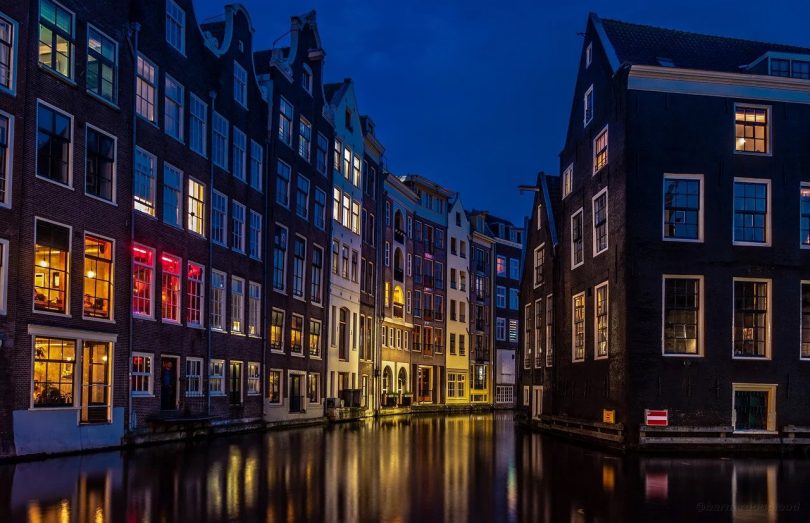Since 1976, in the Netherlands, cannabis has been available for recreational use in coffee shops, and from 2003, medical cannabis can be sold under medical prescription in pharmacies. Coffee shops are licenced places where the sale of small quantities of cannabis for personal consumption is tolerated by the local authorities; the possession of up to five grams for personal use is decriminalized, even if police may still confiscate it.
Nevertheless, cannabis is illegal in the Netherlands, both large-scale production and the possession of large amount of plant material. Dutch regulations have created the paradox that, even if cannabis production is illegal, it can be sold in coffee shops. The short circuit of Dutch regulation is that coffee shops buy their stock plant material in sizeable amounts usually from criminal growers, who mostly cultivate illegally in the Netherlands or import from countries like Morocco, Colombia, Thailand, etc. The core of the “back-door” problem is that there is no authorised way to supply coffee shops. The actual illegality of the large-scale production of cannabis in the Netherlands makes it hard to ensure that users get a clean, satisfying, and secure product. The country is becoming the hub of Europe’s illicit drug trade, in which a parallel economy has emerged. Interestingly, in 1996, the Dutch government surveyed whether local communities wanted cannabis coffeeshops at all, and by 2016, approximately 70% said no.
In early 2018, the Dutch government sought to conduct an experiment where six to ten municipalities would participate in a trial in which coffeeshops will be supplied with cannabis under strict conditions within a regulated, closed circuit. The pilot project would allow some coffee shops to buy their stock material from authorized Dutch growers, cultivating cannabis under standardized conditions, controlled and tested by officially designed local laboratories, and sold with accurate labelling of its level of delta-9-tetrahydrocannabinol (THC). The aim is to provide an evidence base by 2025 that will allow the government to decide upon future steps in Dutch cannabis policy.
This project resulted from the collaborations of four different political parties in the Netherlands, each with different vantage points regarding cannabis and its use. One such vantage point limited the study to only the six to ten municipalities. Ironically, and not surprisingly, the political party that was less eager to embark on the study in the first place, suggesting its limited scope, then cried foul and advised the committee overseeing the project to conduct a larger-scale experiment.
These same political parties invoked a concession that would result in a “run-down” phase of the experiment where, upon the project’s conclusion, the cannabis landscape in the Netherlands would to the way it was. The advisory committee, however, took issue with this aspect of the plan, saying that it would be ‘illogical and risky’ to go back to the cannabis market ‘as it was before the experiment’. After all, what would be the point to experiment if it proved successful, but was never adopted?
Image: https://pixabay.com/photos/amsterdam-river-city-europe-4625104/








